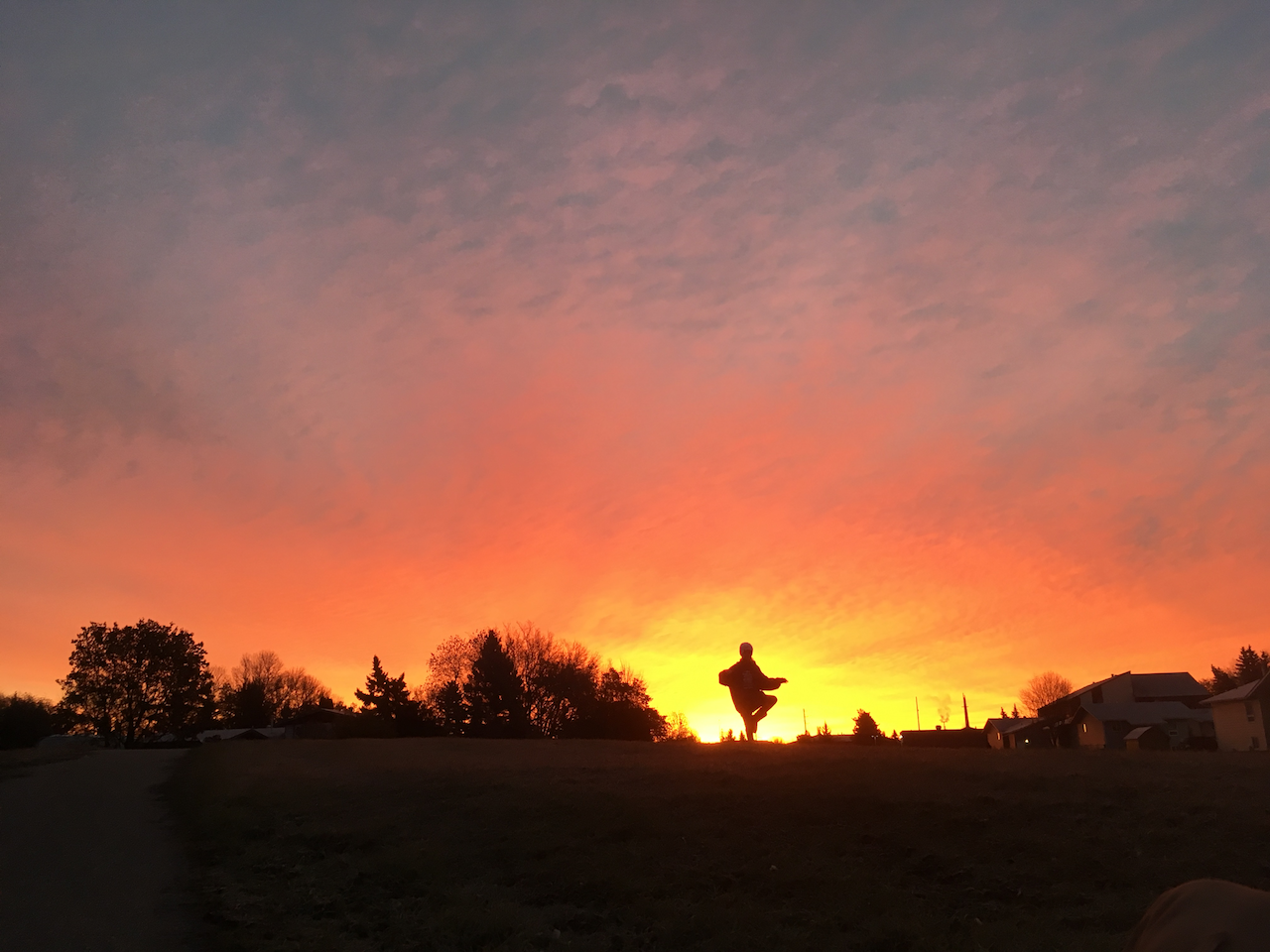Eclectic is an understatement.
A few that stand out in no particular order:
- Cryptonomicon, Ananthem , Stephenson
- The Hitchikers Guide To the Galaxy, (4 books) Douglas Adams
- The Master And Margarita, Bulgokov (EnglishTranslation)
- The Selfish Gene, Dawkins
- Candide, Voltaire
- 2001: A Space Odyssey, (and sequels) Arthur C. Clarke
- Anna Karenina, Tolstoy
- Silicon Snake Oil, Stoll
- Barney’s Version, Richler
- The Sleeper Awakes, The Time Machine, Wells
- Foust, Goethe
- Riverworld series, Farmer
- 1984, Animal Farm, Orwell
- Enders Game (and sequels), Orson Scott Card
- War and Peace, Tolstoy


“Anna Karenina” by Tolstoy – yea “the” Tolstoy. This takes you everywhere you need to be to understand what Russia was like just a little bit before the Soviet Era. Russia was a continent unto itself and Tolstoy captures this intensely – the culture is completely myopic – as any all-encompassing culture would be (I’m looking at you U.S.A.) and elsewhere is merely an adventure – all the drama is firmly Russian and it’s client territory. Tolstoy takes his time to paint detailed pictures of the good, the bad and the ugly – again and again. He was at the top of this game, at the top of his culture and he delivered. He took the time to get into the heads of some very flawed individuals, and then he did it again and again – each were different – they were real people – not just rehashed versions of himself in an imaged role like some authors we could glance at. A keen observer, he wrote with unflinching clarity, so much that by the end of his life he went mad with moral grief and rage – I can’t imagine how much truth could affect one’s soul – and it certainly did. I still have this scene in my mind I can never forget – it’s Levin helping with the reaping, his stubborn heart unable to comprehend the back-breaking work the peasants/serfs must do to bring in the harvest. Tolstoy takes his time to set the scene, paint in the details and then drives Levin to the limits of exhaustion, each of his serfs following in time with the swing of his scythe – they know a demon has captured their master and he must exorcise it with sweat and pain – and it is their lot to follow and witness it. As I see our millennial present-day lords flounce into a workspace and twiddle with some CSS or bear judgment upon a VR device – I can’t help but wonder – what is the modern day version of Tolstoy’s threshing lesson? Perhaps there isn’t one – perhaps there is no way to bridge the gap of the working class and the ruling class – perhaps the two can never understand each other. Perhaps Tolstoy was the last aristocrat with a soul.
Candide by Voltaire is this gem I have to read every few years in order to smack myself on the side of the head. It’s easy to think that our time is the MOST IMPORTANT TIME IN THE HISTORY OF TIME, but then you read this and it’s obvious – humans have and will persist in stupid, beautiful, angry, loving, foolish, wise and indiferent actions for… well.. forever. Voltaire managed to avoid being burned at the stake and yet mercilesly mocked athiest and cleric alike – no one was spared – his scorn was for everyone. And they.. nay we.. deserve it. The last chapter is like a soft calm balm to sooth the wounds he may have inflicted…
Ananthem by Stephenson is not something I would have discovered had I not enjoyed his book Cryptonomicon and had the interest to see what else this author had to offer – and am I ever glad I did! This book starts out in some odd monastery-style university cloister and he takes his time to set the scene. It takes at least 1/2 of the book to fully comprehend how deeply Stephenson has thought through and studied the ideas and social context to what was prescient: The radicalization of perceptions around religion and science – both good and bad – and where those perceptions could take a society – both good and bad. It’s one of the few books that I’ve read more than once – and like 1984 or Animal Farm – there’s always something I learn on a re-read. Written in 2008, Stephenson traced an arc that is still growing – the fetish-ize-ation of science and the demonization of science. I think every university course for scientists should make this required reading – and while this may help in some seminaries – the fact that it would never make it through the back door of most churches is even more proof of the points Stephenson is making. I’m sure some academic has pointed them out thoroughly – but sometimes you need a story to paint a deep and nuanced image to drive the point home. Well done Neal!